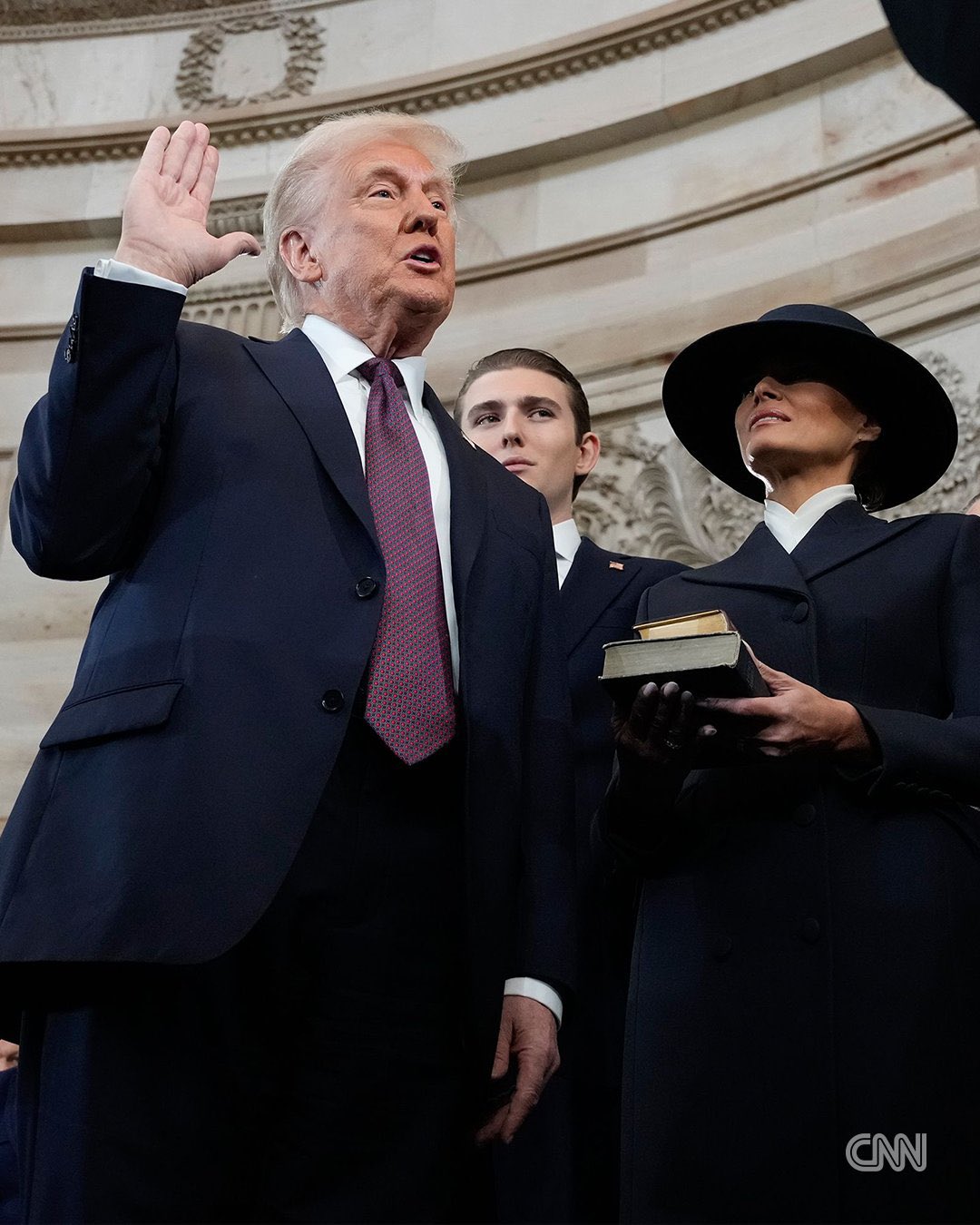WORLD

US IMMIGRATION OFFICIALS REGAIN POWER TO ARREST MIGRANTS AT SCHOOLS, CHURCHES, AND HOSPITALS IN POLICY REVERSAL
In a significant policy shift, U.S. immigration and border officials will once again be allowed to arrest migrants at previously designated “sensitive” locations, including schools, houses of worship, and hospitals. The decision comes as the Trump administration overturned longstanding policies that limited enforcement actions at these sites.
These restrictions, first implemented in 2011, aimed to protect vulnerable individuals by barring arrests in areas considered essential for public safety and community well-being. The Biden administration later expanded these protections, further limiting law enforcement’s reach.
However, the Trump administration has reinstated the authority for officers to conduct arrests at these sensitive locations, emphasizing the need to close what they see as loopholes.
“Criminals will no longer be able to hide in America’s schools and churches to avoid arrest,” the Department of Homeland Security said in a statement. “The Trump administration will not tie the hands of our brave law enforcement and instead trusts them to use common sense.”
Additionally, a second directive restores the ability to quickly deport undocumented individuals who are arrested and cannot provide evidence of residing in the U.S. for more than two years.
The move has sparked widespread debate, with critics warning of potential harm to vulnerable communities, while supporters argue it strengthens border security and restores law enforcement’s authority.
The new directives are expected to have far-reaching implications, reshaping how and where immigration enforcement takes place in the United States.
"This represents a significant development in our ongoing coverage of current events."— Editorial Board









